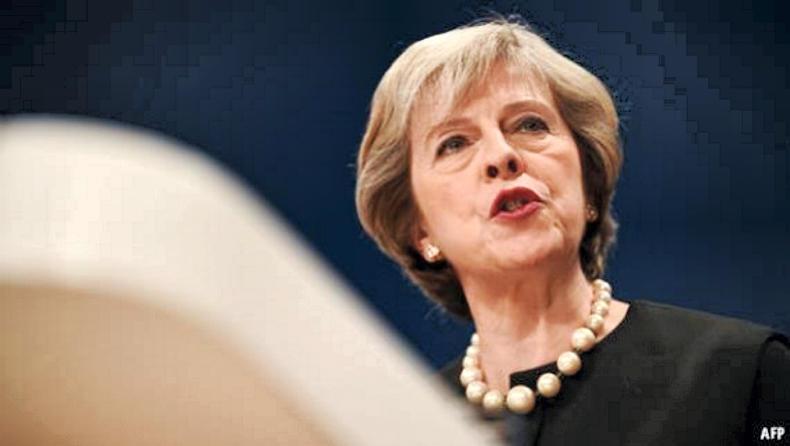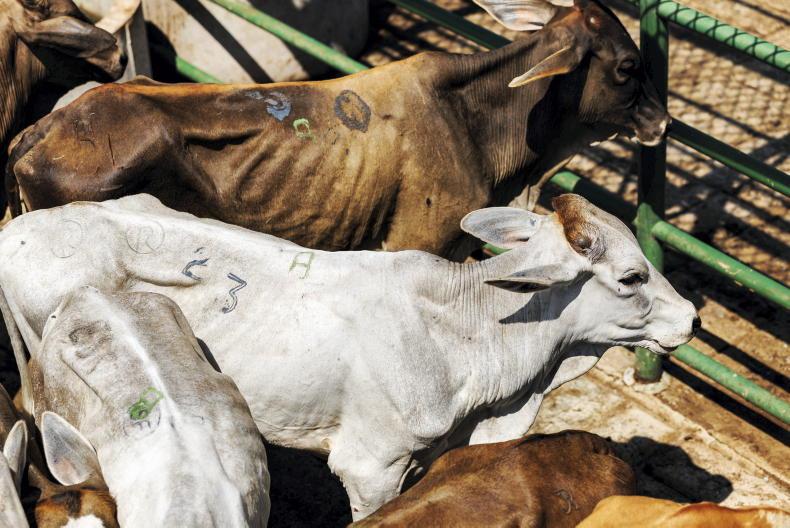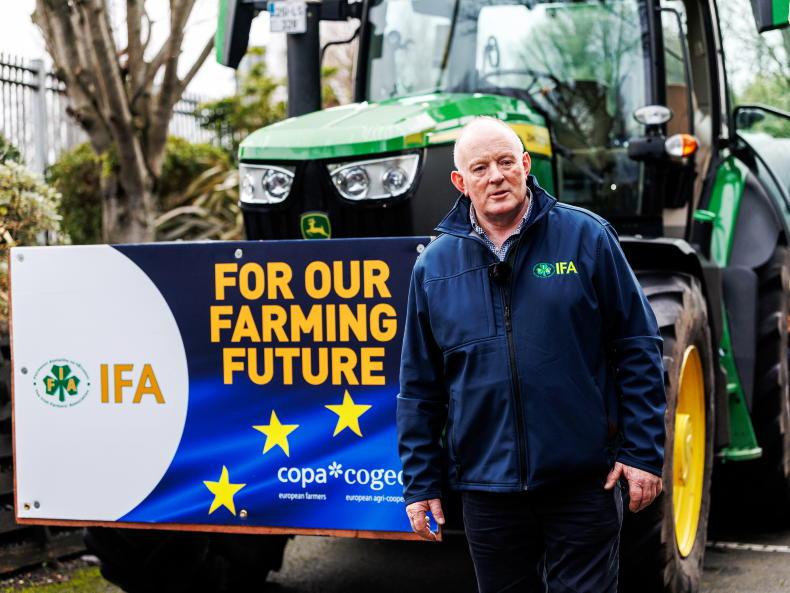The UK Prime Minister (PM), Theresa May delivered another keynote speech on leaving the EU in London this afternoon. While it is still short on specifics, it did elaborate more on what future trading relationships would look like from a UK perspective.
Single market
She reaffirmed the commitment to leave the single market, which was also the position adopted by the leader of the opposition Jeremy Corbyn in his speech on Europe at the beginning of the week. In so doing, the PM said that access to each other’s markets would be less than it is at present. She didn’t develop this point any further or attempt to quantify to what the cost of reduced access would be.
Irish border
The PM said again that she was determined to avoid a hard border and that a combination of technology and trade agreement with the EU was the means of achieving this.
On the Irish border specifically, she mentioned that 80% of cross-border trade was by SMEs and that because this was so small it could continue on the current basis. For the remainder, she identified a trusted trader arrangement as a means of avoiding a hard border. She also emphasised that there would be no arrangement that disrupted the common market of the UK, a reference to a possible border in the Irish sea. In the wider customs debate, the emphasis was on minimising friction between EU and UK borders.
Standards and other EU organisations
In her speech, the PM also indicated that the UK could remain part of a number of agencies including the European Medicines Agency, the European Chemicals Agency and the European Aviation Safety Agency. This would mean committing to retaining the standards and paying an appropriate amount. She also indicated that the UK would continue to be aligned with EU standards on other areas, including agriculture.
Comment
This has been the clearest speech yet on how the UK envisages its relationship with the EU. It recognises market access won’t be the same and will align its standards with the EU in many cases, including agriculture. It aspires to remain part of some EU institutions but retain the opportunity to make its own trade deals. What trade deals can be made that would benefit the UK without damaging the EU remains to be seen. The ambition is to minimise friction at borders. The reality is that even minimal friction where there had been none is a burden and disruption to trade as illustrated by a recent Irish Farmers Journal report on the Sweden-Norway border. Perhaps most interesting of all is that is seems to indicate for small business on the island of Ireland, they would effectively retain the status quo.









SHARING OPTIONS